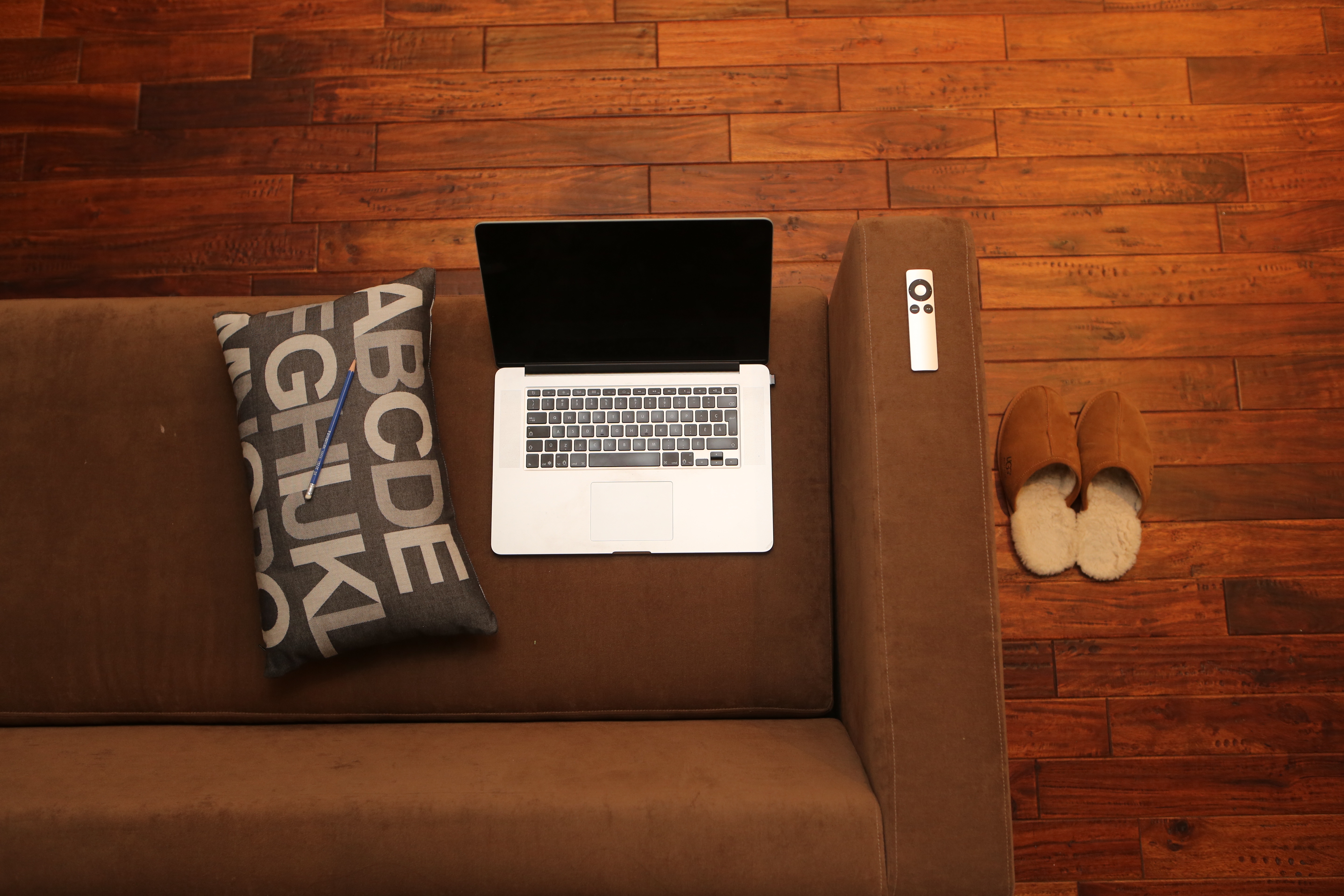
Writing needs precede changes in the technology of writing. However, whether or not one adapts to a new technology is based on the preferences of each individual writer.
Dennis Baron talks about changing technologies in his article, “From Pencils to Pixels: The Stages of Literacy Theory,” when he discusses the technological developments in writing from the pencil to the computer. One interesting thing that Baron continues to return to throughout the article is how individual preference plays a large part on the technology that a writer chooses to use. For instance, though many people have adapted to writing on a computer, and many prefer it, using a typewriter is still pretty popular amongst people with a certain aesthetic. 
However, I think that beyond aesthetic, technology choice can alter the intention or message of what I want to write. If I am writing a history paper with detailed research and footnotes using a computer seems like a more logical choice. I can organize my thoughts, move around information with limited fuss, and track my research all in one place (and backed up on a flash drive). I relish the clean organization and the option to have multiple documents that contain various aspects of my research. However, in a recent letter to my aunt, I chose to paint her initials on the front of the stationary in a watercolor script, followed by a letter handwritten with a needle tipped pen. For that particular piece, my handwriting and painting was a way of delivering my feelings for her. The personal seemed more important for that type of correspondence.
Despite the ways that people get hung up on what the best type of technology is, I think that the more options that we have to use as writers, the more creative we are able to be. I think that having a preferred technology is similar to having a preferred writing place. Writing is personal, and it’s subjective. Arguing that one technology is better than another encourages me to presume that I know better, or am a better writer than someone with a different preference, Instead, I find that being open to new and different ideas, I might find that a different style works for me as well. 
So what is your preferred writing technology and why?


For some reason, I really love the art of handwriting letters . Like you said, there seems to be an implied element of ‘feeling’ within the way that we write physically. But is detailed calligraphy an option for a detailed policy brief sent to the President’s desk? Of course not….
I think that there’s a healthy balance to be found in this discussion. On one hand we can run with our recent advancements and expand them. On the other hand, it’s valuable understanding where the origins of writing as a form exist. That requires a proficiency in more modern techniques, alongside an understanding of more conventional forms of writing (such as handwriting, short hand, etc).
I think one of the most interesting things that was brought up in the Baron article was how integral the computer is, and will be, moving forward. The article was published in the late 90s or early 2000s and even then the importance of the computer in daily life was evident. While I personally cannot imagine a world where we no longer are so reliant to the computer as our writing tool, a major theme in the article was the changing technology and how what was considered the only way to write seems antiquated now. So what’s next after the computer? What will be the next revolutionary change in writing technologies? I’m curious to hear others ideas (even if they might seem inconceivable).
As for my preferred writing technology it is completely dependent on the writing situation. Writing for school? Always a computer with word processing technology. Any other sort of personal writing is always a pen and paper – there’s just this sort of intimacy established between reader and writer when things are written by hand.